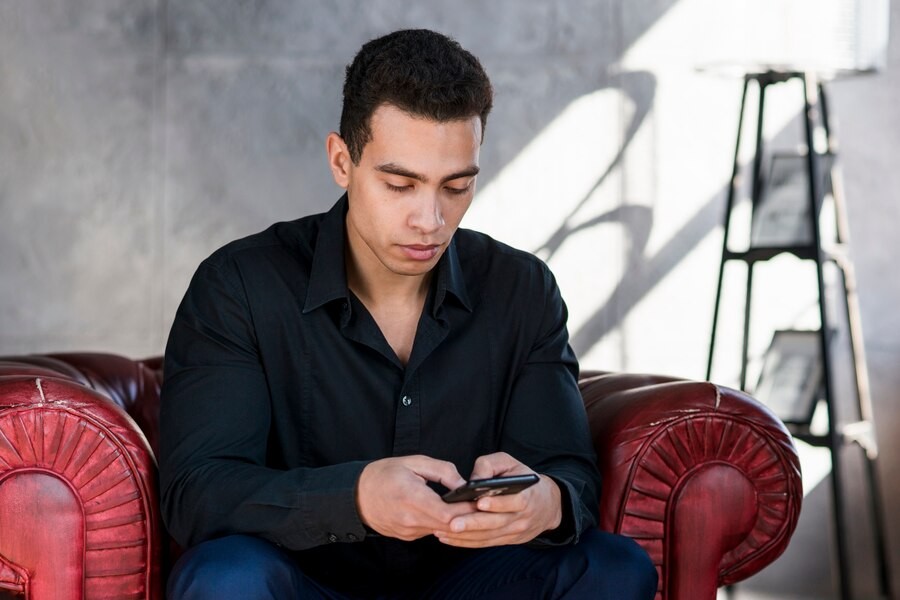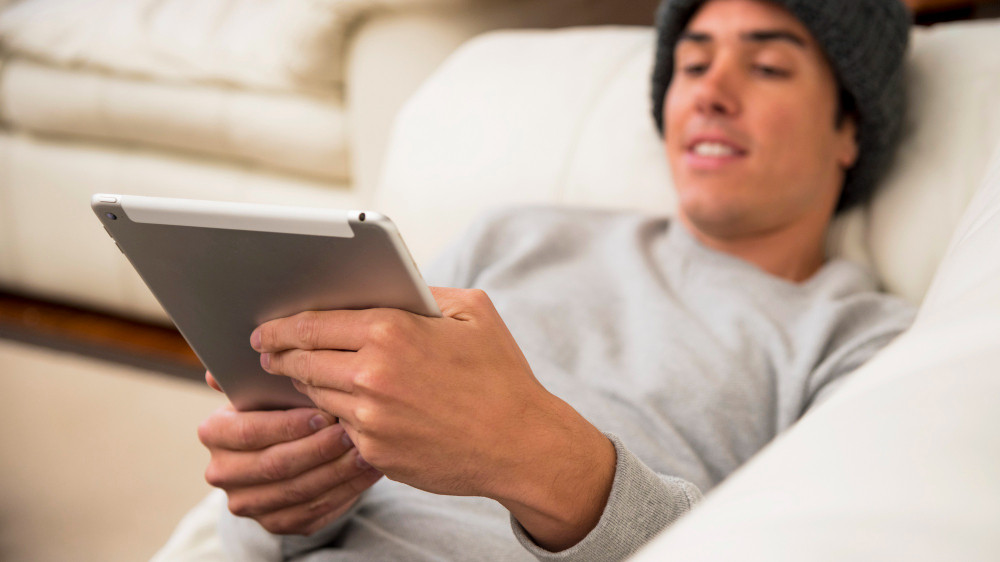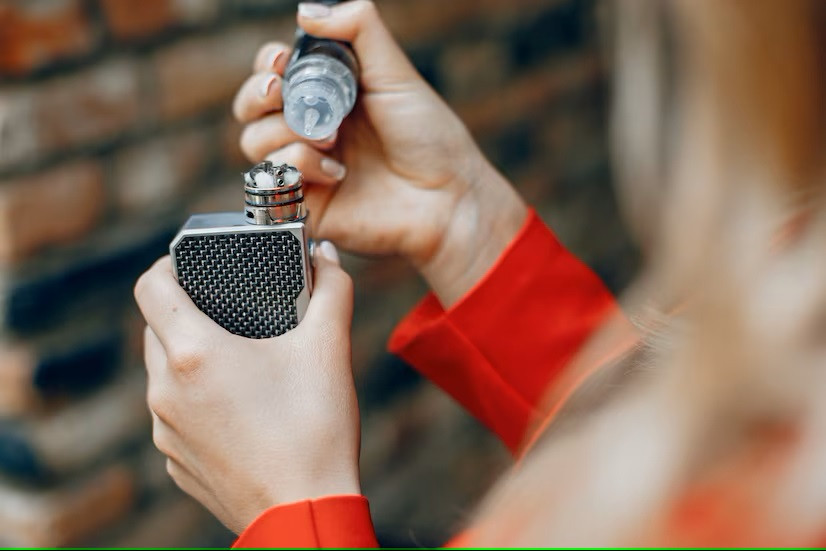Cellphones have become a significant challenge in today’s digital age. With easy access to numerous apps, social media, and games, many individuals find it hard to detach from these devices.
Although cellphones offer many benefits, excessive use can lead to addiction, which negatively affects mental, emotional, and physical health. In this article, you’ll learn to identify the signs of cellphone addiction.
Dangers of Cellphone Addiction
Cellphone addiction is becoming more widespread and can have several negative health consequences, including:
- Sleep disorders
- Increased stress and anxiety
- Contributing to mental health issues like depression
- Disrupting face-to-face interactions and weakening social relationships
- Causing physical ailments such as neck, back, and wrist pain
- Reducing productivity and focus in work, school, and daily activities
- Raising the risk of accidents, especially when using a phone while driving or during tasks that require full attention
- Encouraging social isolation as more time is spent on the phone rather than in real-life interactions
Signs of Cellphone Addiction
Smartphone addiction often manifests through the following signs:
Excessive time spent on cellphones
One of the most noticeable signs of addiction is when you spend an unreasonable amount of time using your phone. Addiction makes it challenging to control the duration, leading to hours spent on the phone without realizing it.
Feeling anxious when separated from your phone
Another sign of addiction is feeling anxious or restless when away from your phone, or panicking when the battery dies or there’s no signal. This unease stems from a dependence on having your phone accessible at all times.
Constantly checking your phone
Those addicted to their phones often feel compelled to check it repeatedly, even when there’s no urgent message or notification. This can include mindlessly scrolling through social media, email, or simply staring at the screen for no particular reason.
Neglecting real-life interactions
Phone addiction often results in neglecting real-world relationships and activities. You may prefer spending time with your phone over engaging in outdoor activities, meeting friends, pursuing hobbies, or even chatting with family members.
People with this addiction may withdraw from social events, preferring to sit alone with their phones.
Sleep difficulty
Excessive cellphone use, especially before bedtime, can interfere with sleep patterns. The blue light emitted by screens reduces melatonin production, a hormone that regulates sleep.
This leads to trouble falling asleep and staying up late, with the phone being used until the early hours of the morning. Continuous sleep deprivation can result in long-term health issues such as fatigue, poor concentration, and emotional disturbances.
Easily irritated
Those addicted to their phones tend to become easily frustrated or angry, especially when they are unable to use their phone, the battery dies, or there’s a poor signal. This frustration points to an emotional dependence on the device, which can affect daily mood and behavior.
Addressing cellphone addiction requires a planned and consistent effort. If you’re struggling to manage this addiction on your own, consider seeking professional help by consulting a doctor or psychologist. The Ai Care application, available on the App Store or Play Store, also offers health consultation services.
Want to learn more about other health conditions? Click here!
- dr Hanifa Rahma
Sarah Karnasiewicz (2023). How To Break Cell Phone Addiction. Available from: https://www.health.com/condition/anxiety/cell-phone-addiction
Addiction Center (2024). Phone Addiction: Warning Signs And Treatment. Available from: https://www.addictioncenter.com/behavioral-addictions/phone-addiction/
Angelica Bottaro (2024). What Are the Signs of Phone Addiction?. Available from: https://www.verywellhealth.com/phone-addiction-5218743
Help Guide (2024). Smartphone and Internet Addiction. Available from: https://www.helpguide.org/mental-health/addiction/smartphone-addiction
Sudip Bhattacharya, et all (2019). NOMOPHOBIA: NO MObile PHone PhoBIA. Available from: https://www.ncbi.nlm.nih.gov/pmc/articles/PMC6510111/
Cleveland Clinic (2023). How Your Smartphone May Be Giving You ‘Text Neck’. Available from: https://health.clevelandclinic.org/text-neck-is-smartphone-use-causing-your-neck-pain
WebMD (2023). Ways Your Smartphone Can Wreck Your Health. Available from: https://www.webmd.com/balance/ss/slideshow-smart-phone-health-problems
Pavle Randjelovic, et all (2023). The effect of reducing blue light from smartphone screen on subjective quality of sleep among students. Available from: https://pubmed.ncbi.nlm.nih.gov/36744480/
Rob Newsom (2024). Blue Light: What It Is and How It Affects Sleep. Available from: https://www.sleepfoundation.org/bedroom-environment/blue-light












